Space
Sign up for our newsletter
We summarize the week's scientific breakthroughs every Thursday.
-
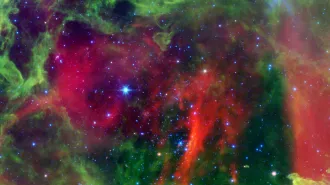 Astronomy
AstronomyPinning down the sun’s birthplace just got more complicated
Many astronomers think that the sun was born in a loose association of thousands of stars. A new study suggests there’s another possibility.
-
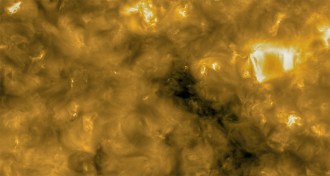 Astronomy
AstronomyThe closest images of the sun ever taken reveal ‘campfire’ flares
The first images from Solar Orbiter, a NASA-European Space Agency spacecraft, show tiny, never-before-seen flares across the sun’s surface.
-
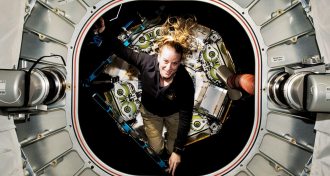 Space
SpaceWhat will astronauts need to survive the dangerous journey to Mars?
Going to Mars, astronauts will need protections from microgravity and radiation, plus miniature medical devices to diagnose problems and help handle emergencies.
-
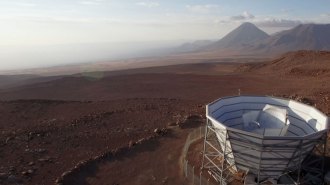 Cosmology
CosmologyDespite a new measurement, the debate over the universe’s expansion rages on
The Atacama Cosmology Telescope finds the universe is expanding more slowly than supernova observations suggest.
-
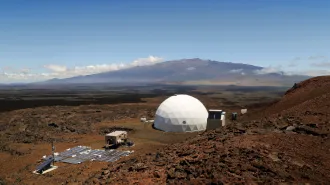 Space
SpaceTwo new books explore Mars — and what it means to be human
‘Once Upon a Time I Lived on Mars’ and ‘The Sirens of Mars’ are surprisingly apt reads during the pandemic.
-
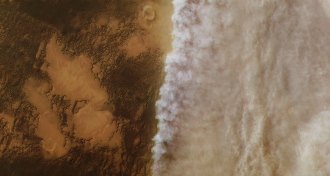 Planetary Science
Planetary ScienceHow upcoming missions to Mars will help predict its wild dust storms
Predicting the weather on Mars is essential for landing and keeping rovers — or astronauts — safe on the surface. The next Mars missions will give forecasts a boost.
-
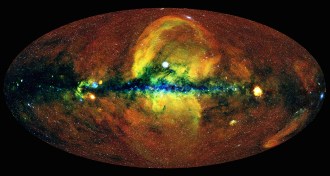 Space
SpaceThis is the most comprehensive X-ray map of the sky ever made
A new X-ray map of the entire sky, using data from the eROSITA telescope’s first full scan, looks deeper into space than any other of its kind.
-
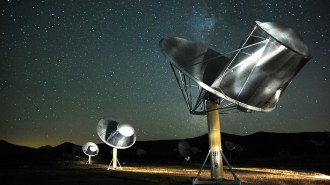 Space
SpaceSelf-destructive civilizations may doom our search for alien intelligence
A lack of signals from space may also be bad news for Earthlings.
-
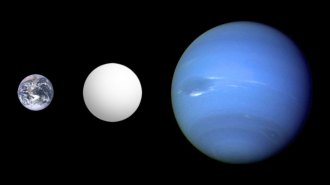 Planetary Science
Planetary ScienceSome exoplanets may be covered in weird water that’s between liquid and gas
“Supercritical” water, a corrosive substance used to break down toxic waste on Earth, coats some small worlds around other stars, simulations suggest.
-
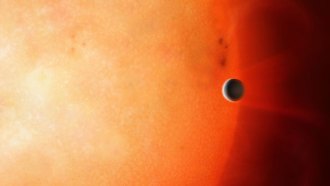 Space
SpaceA newfound exoplanet may be the exposed core of a gas giant
A planet about 734 light-years away could be a former gas giant that lost its atmosphere or a failed giant that never finished growing.
-
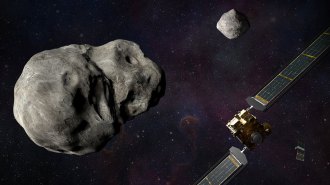 Planetary Science
Planetary ScienceAn asteroid’s moon got a name so NASA can bump it off its course
A tiny moon orbiting an asteroid finally got a name because NASA plans to crash a spacecraft into it.
-
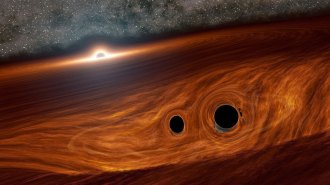 Space
SpaceColliding black holes may have created a surprising flare of light
A flare-up after a gravitational wave outburst may be the first sighting of light from colliding black holes.